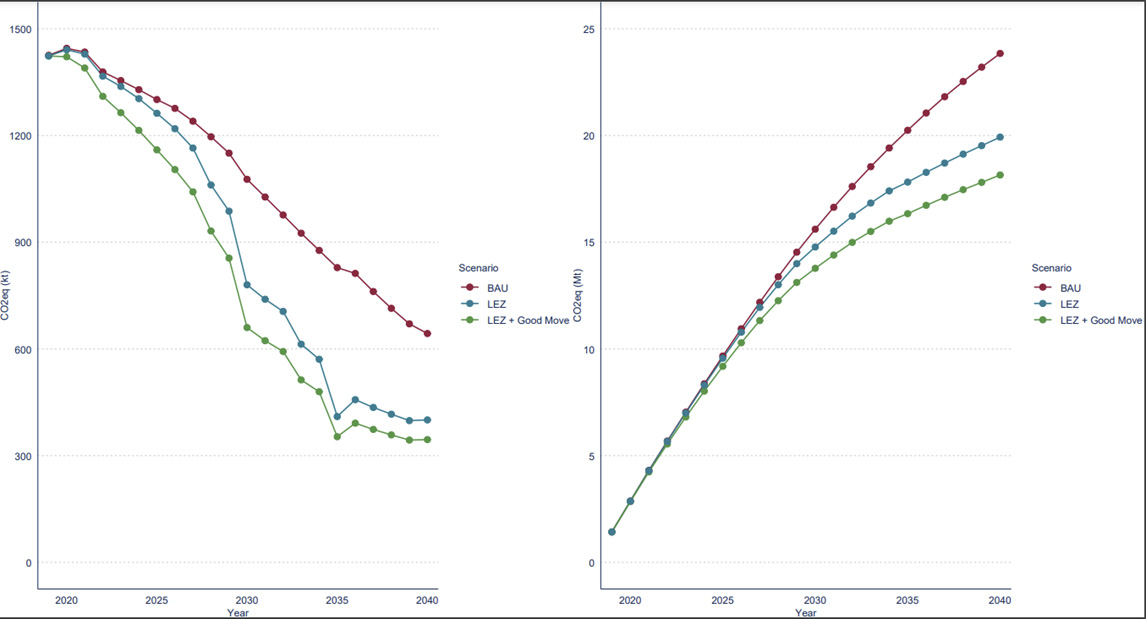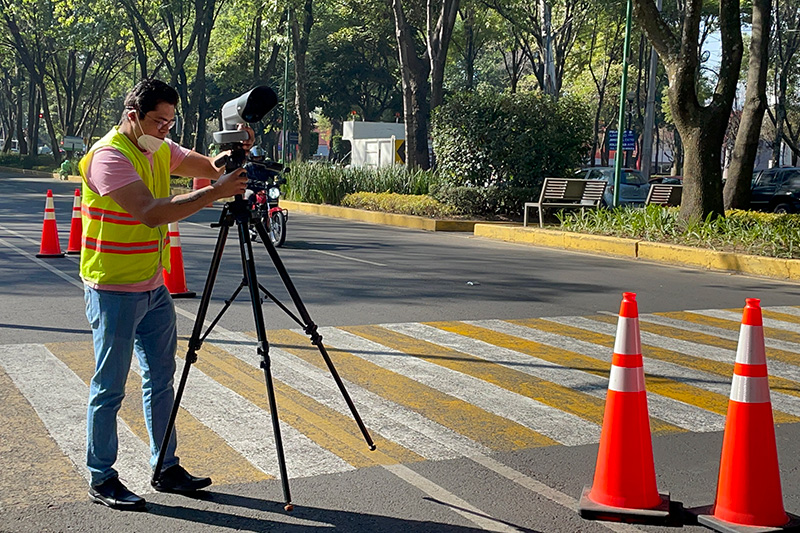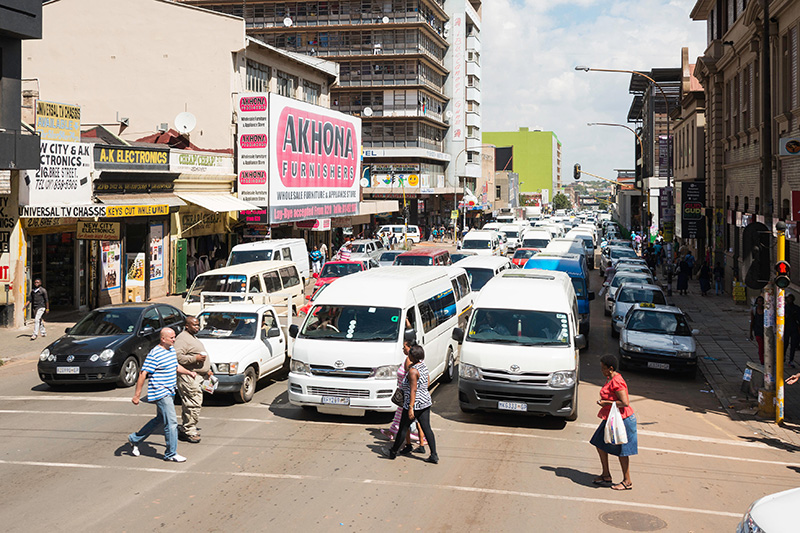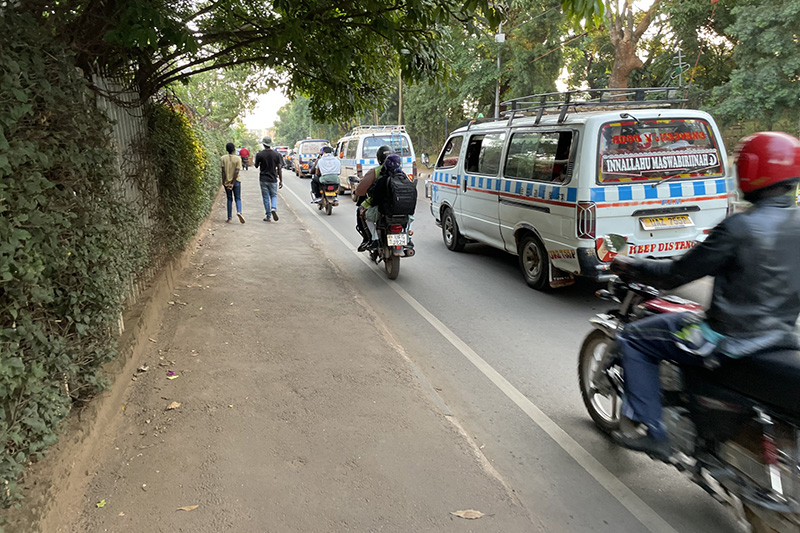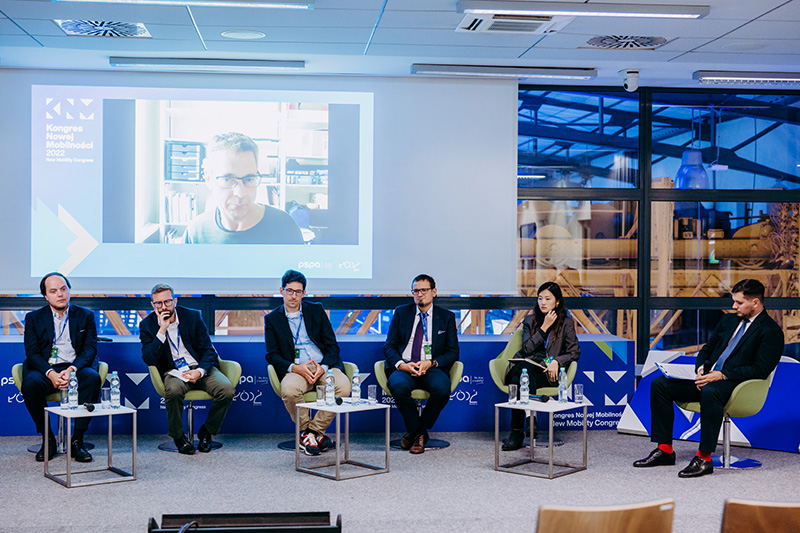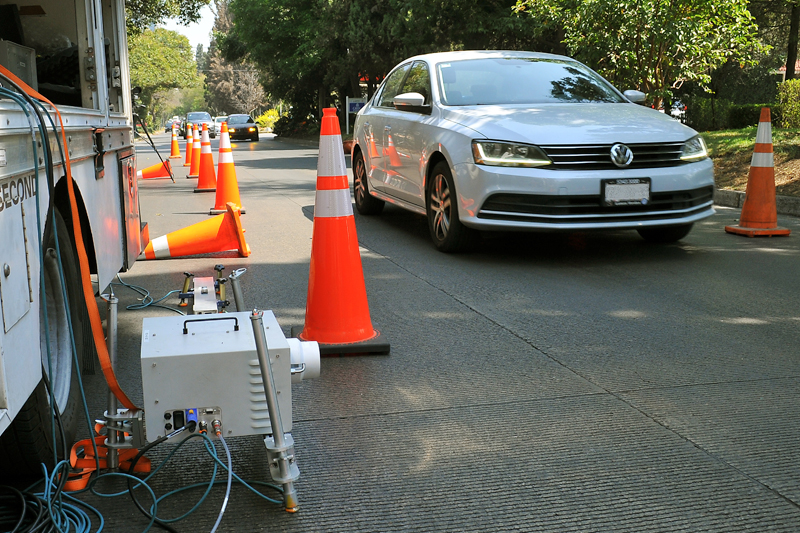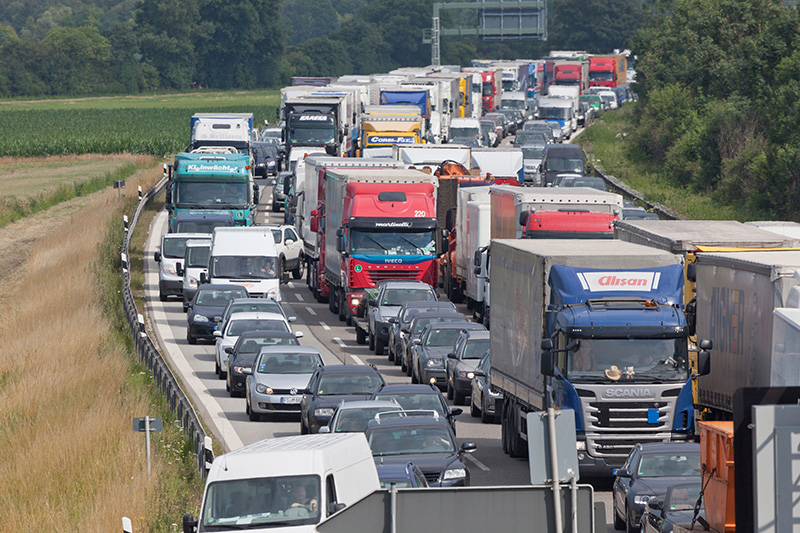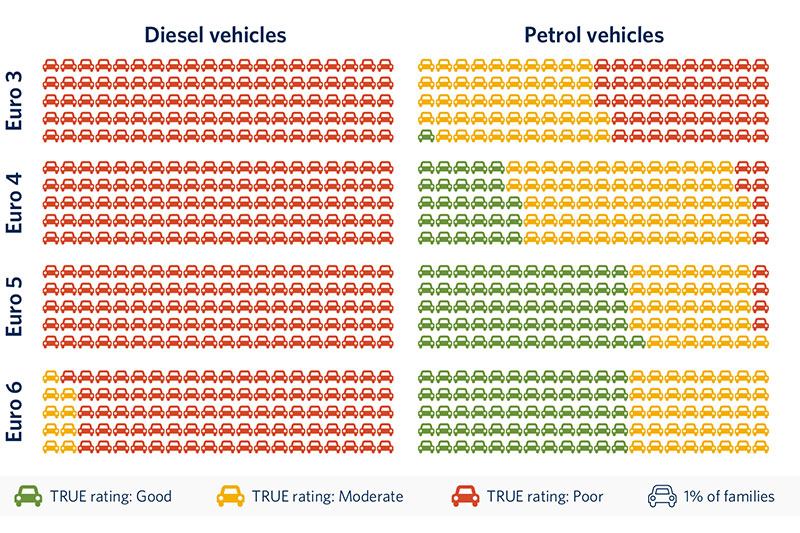Further delays would jeopardize half of the Brussels LEZ GHG reductions by 2040, says new TRUE report
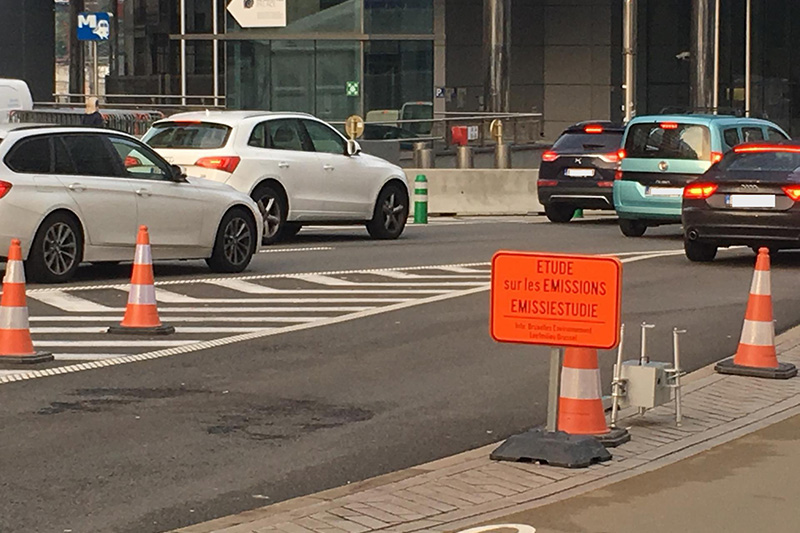
New analysis shows that the Brussels low-emission zone (LEZ) is essential for achieving greenhouse gas emission reduction goals in the region and warns against further delaying implementation phases.
Motor vehicles contribute significantly to air pollution in the Brussels Capital Region (BCR) and present significant health risks for residents. A new study from the TRUE Initiative builds upon Brussels Environment’s continued work to understand the potential impacts and benefits of the LEZ by assessing the life-cycle greenhouse gas (GHG) emission reductions of on-road transport achieved under various scenarios. These include:
- Business-as-usual, with a base year of 2019, before LEZ implementation;
- LEZ, according to the original LEZ schedule adopted in 2018; and
- LEZ + Good Move, again assuming the original LEZ schedule with policies that incorporate modal shift and traffic reduction strategies.
The analysis projects that the Brussels LEZ, if implemented under the original schedule adopted in 2018, nearly doubles annual life-cycle GHG reductions by 2030 compared to the Business-as-usual scenario, or roughly 45% compared to 2019 levels. Between 2019 and 2040, the LEZ is projected to avoid 3.9 Mt of GHG emissions, equivalent to the GHG emissions from around 83,000 gasoline cars.
Under the LEZ + Good Move scenario, the reduction rate of GHG emissions grows. By 2040, 5.7 Mt of GHG emissions are projected to be avoided compared to the Business-as-usual scenario, equivalent to the emissions of around 121,000 gasoline cars. This reduction is accelerated by the benefits of Brussels’ Good Move policies, which aim to reduce the motorised transport of people and goods. These policies alone account for a savings of 1.8 Mt of GHG emissions under this scenario.
Both modeled scenarios show that the LEZ is an essential piece for the Brussels Capital Region to achieve its goal of a 47% reduction in all-sector GHG emissions by 2030 under the EU Effort Sharing Regulation.
The paper also models the potential impact of additional policies aimed at strengthening the impact of the LEZ on life-cycle GHG emission reductions. Restricting N2 medium-sized commercial heavy-duty trucks starting in 2035, whose increasing share of total emissions remain unaddressed by the LEZ, would result in a decrease in GHG emissions equivalent to removing around 1,650 gasoline cars from Brussels by 2040.
Separate from the LEZ, introducing a tax on large-segment passenger cars in 2025 could encourage vehicle owners to switch to medium-segment cars, resulting in GHG emissions reductions equivalent to removing around 2,300 gasoline cars from Brussels by 2040.
With the delay of the next LEZ implementation phase approved in October 2024 by the Brussels parliament, the study adds additional analysis to examine the potential impact of future delays on life-cycle GHG emissions. Delaying all LEZ steps by 2 years is projected to significantly undermine the LEZ’s effect on cumulative GHG emission reductions. Delays to the LEZ + Good Move scenario would see the cumulative GHG savings through 2040 halved and delays to LEZ-only scenario would cut its impact by three-quarters.
Overall, this analysis shows that the LEZ in the Brussels Capital Region remains an effective tool for substantially reducing life-cycle GHG emissions from on-road vehicles and underscores its potential to expedite the transition toward less-polluting, or zero-emission, transportation to help meet the city’s air quality and climate goals.
Sarah Hollander, Head of the Department for Sustainable Mobility at Brussels Environnement, said: "This new study from the TRUE initiative confirms the positive climate impacts of the low emission-zone and mobility policies such as the promotion of walking and cycling. What is particularly innovative is that indirect transport emissions have been quantified for the first time and for different prospective policy scenarios. This study will feed into the work of Brussels Environment on how to better quantify the region's indirect GHG emissions with a view to meeting our objectives for 2050."
Yoann Bernard, International Partnerships Program Lead at the International Council on Clean Transportation, a TRUE partner, added: "This latest TRUE study highlights the multifaceted benefits of implementing a low-emission zone in reducing greenhouse gas emissions from transportation, in addition to its well-established impact on air quality. This comprehensive approach considers the entire life-cycle of both combustion and electric vehicles, including their production and the electricity used to charge electric vehicle batteries.”
This research builds on the 2021 TRUE Initiative report on the state of real-world vehicle emissions in the BCR, demonstrating the potential benefits of the Brussels low-emission zone (LEZ) for reducing pollutant emissions.
Read the 'Life-cycle greenhouse gas impact of the low-emission zone in Brussels' report
